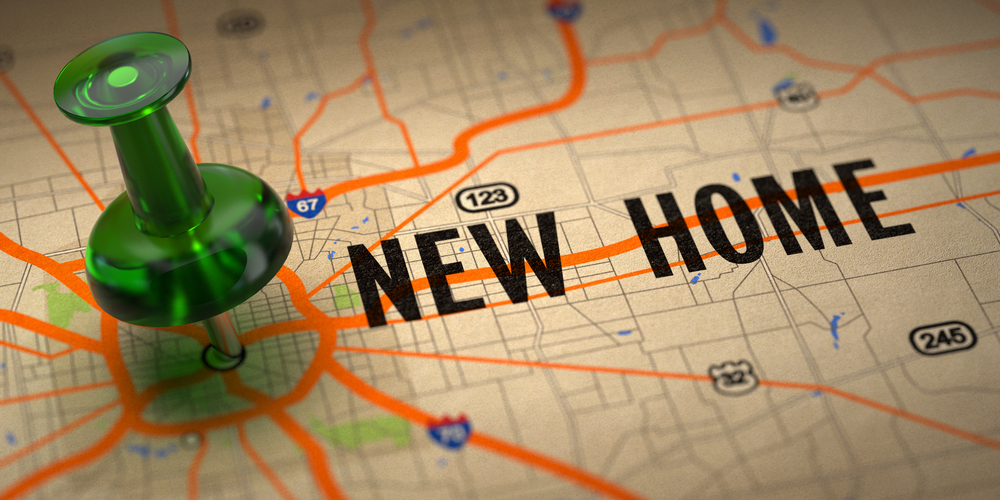Understanding the responsibilities that come with buying your first home

When you are ready to purchase your first home, it’s a big step in your life that must be undertaken with the utmost precaution and attentiveness. There are several different programs and incentives available for first time home buyers which aim to make the process of obtaining your first property easy and hassle-free.
However, that doesn’t mean that you are exempt from all of the responsibilities which come with ensuring that you’re financially and mentally ready to take on the task of owning a home. It’s easy for first time home buyers to get caught up in the fantasy of property ownership due to programs such as HGTV which sensationalize the process of buying a home to it’s viewers.
Don’t be one of those people because you will quickly realize that what you see on TV is just that, HGTV never shows the behind the scenes process of buying a home such as securing a loan, interest rates, closing fees, and all of the other nitty gritty aspects that property owners must deal with.
To help you avoid falling into the trap of illusion as it relates to buying your first home, we’re going to give you a step by step guide on how you can ensure that you’re making the right decision for both your family and pocket book.
Buying a Home, The Right Way
#1 Research, Research, & Keep Researching
Before you begin looking for home with a realtor, take the time to go online and view listings in your area. You can also use sources like newspapers and magazines to find new real estate listings. Make notes about what properties you’re interested in and see how long they stay on the market; this is a great way to get a judge of how quick you’ll need to act once you begin the process of actually trying to find a home for yourself.
#2 Set A Reasonable Budget
Once of the biggest mistakes new home owners make is overestimating the cost of their desired property. As a general lending rule, you should only look for homes that cost about three to five times your annual household income. This rule applies for those who plan on making a 20% down payment on their property and only have a low to moderate amount of existing debt. However, you should always base your home buying decision on your own personal finances, never try to buy more house than you know you can afford.
#3 Apply for Mortgage Credit Pre-Approval
To ensure you purchase a home that is within your budget, you should consider applying for mortgage pre-approval. Becoming prequalified for a mortgage is fairly simple, all you need to do is provide your mortgage banker with some basic financial information. This includes things such as your savings, investment accounts, and your current income. After you provide your mortgage banker with these details, the lender will review this information and give you an estimated loan amount.
#4 Find A Reputable Real Estate Agent
Your real estate agent will be with you throughout the entire process of buying a home, that’s why it’s important for you to choose the right agent before looking for properties. A reputable real estate agent will be able to help you find out key information about properties you’re interested in. They will also be able to assist you with negotiating prices and interest rates amongst other vital aspects of buying a home.
#5 Check and verify what utilities are available, at the home you are looking to purchase
Including Water, Sewer, Gas, Electicity, Internet, TV, Home Security and Telephone services.
Once you’ve completed the steps above, you will be able to begin the process of shopping for the perfect home. Before you close a deal on any property, get an inspection performed so you can identify any potential issues which are not evident during your walkthrough.
As long as you have the right realtor by your side and you always shop for properties within your budget, you will be able to find the perfect home in no time.

